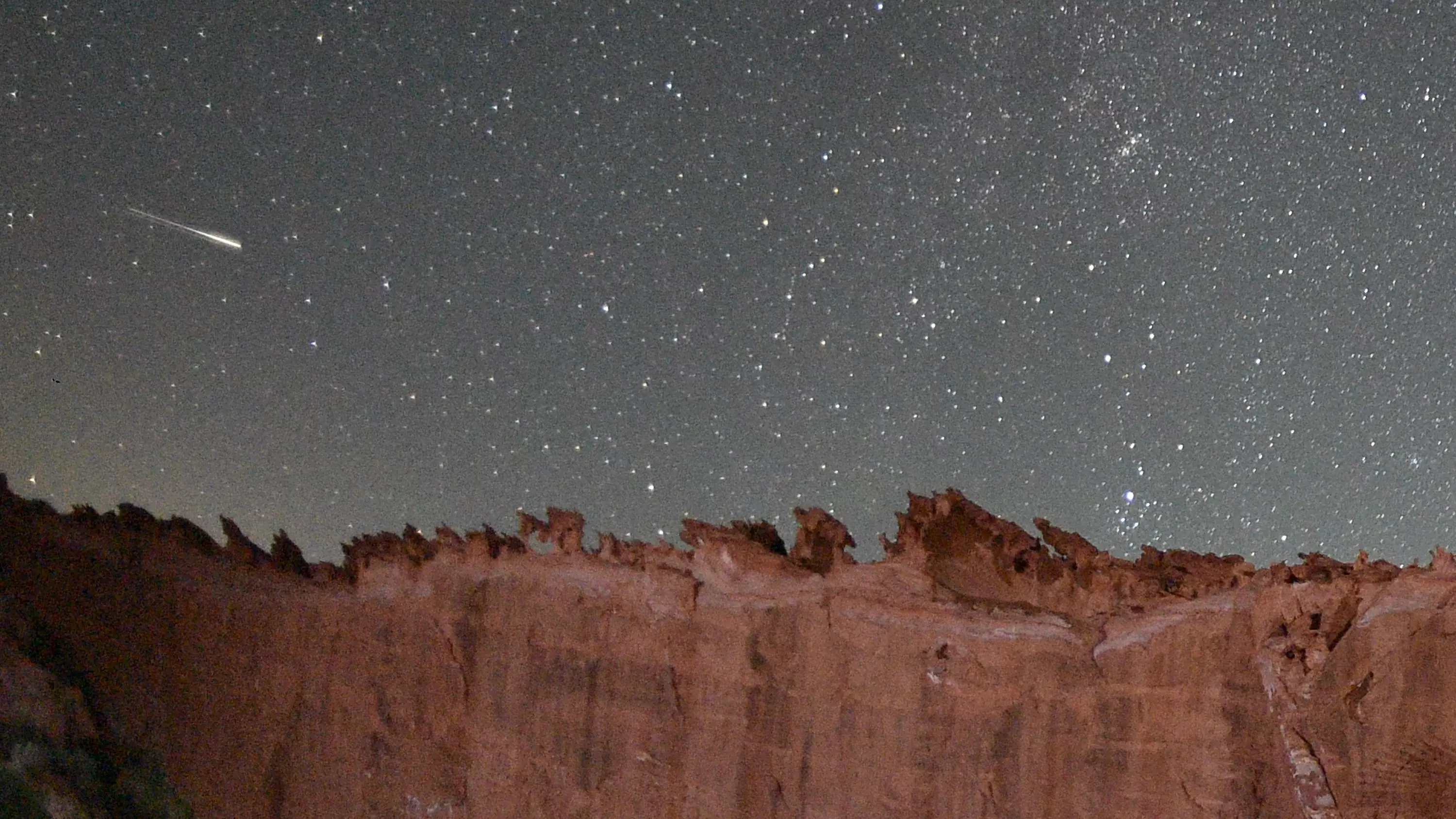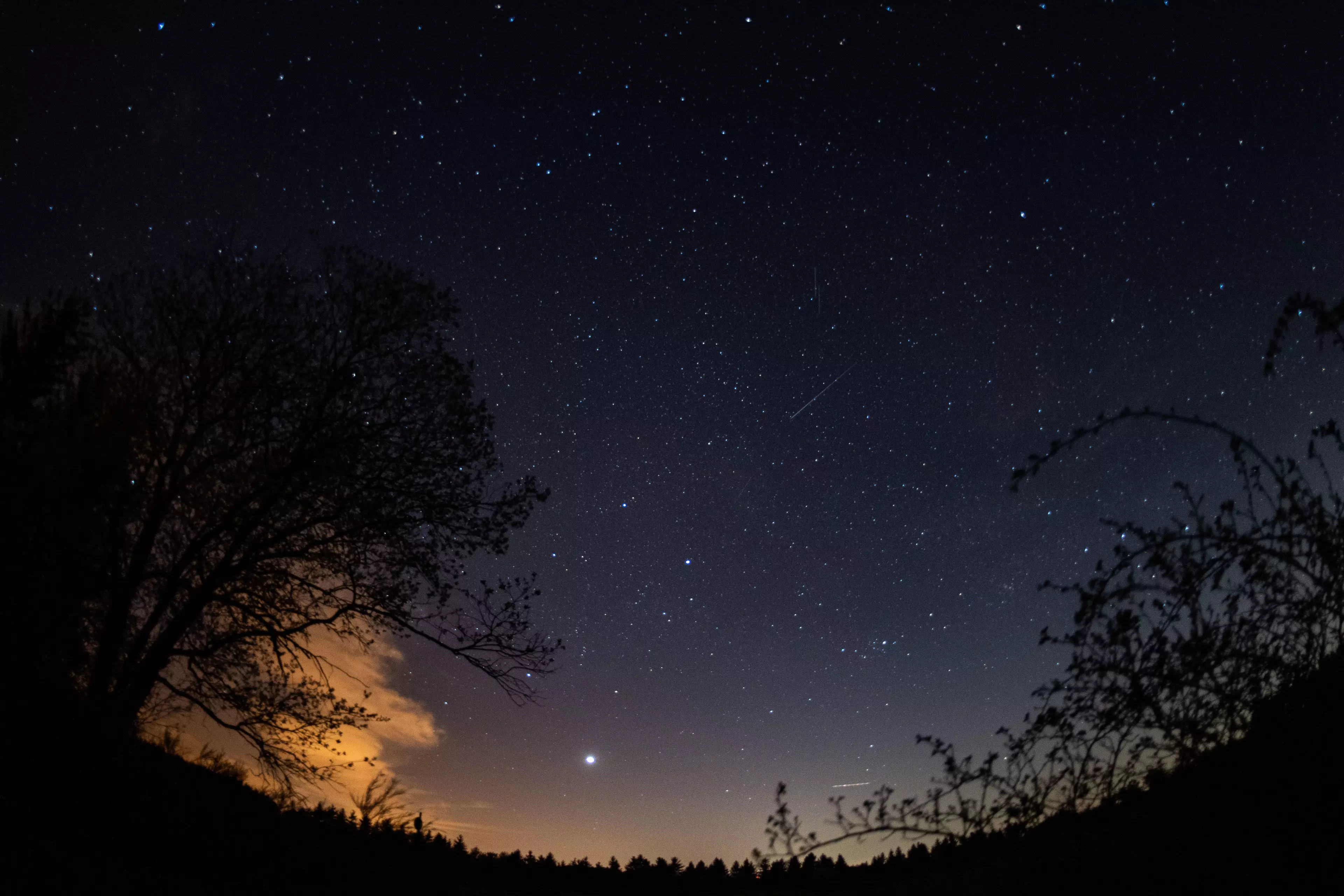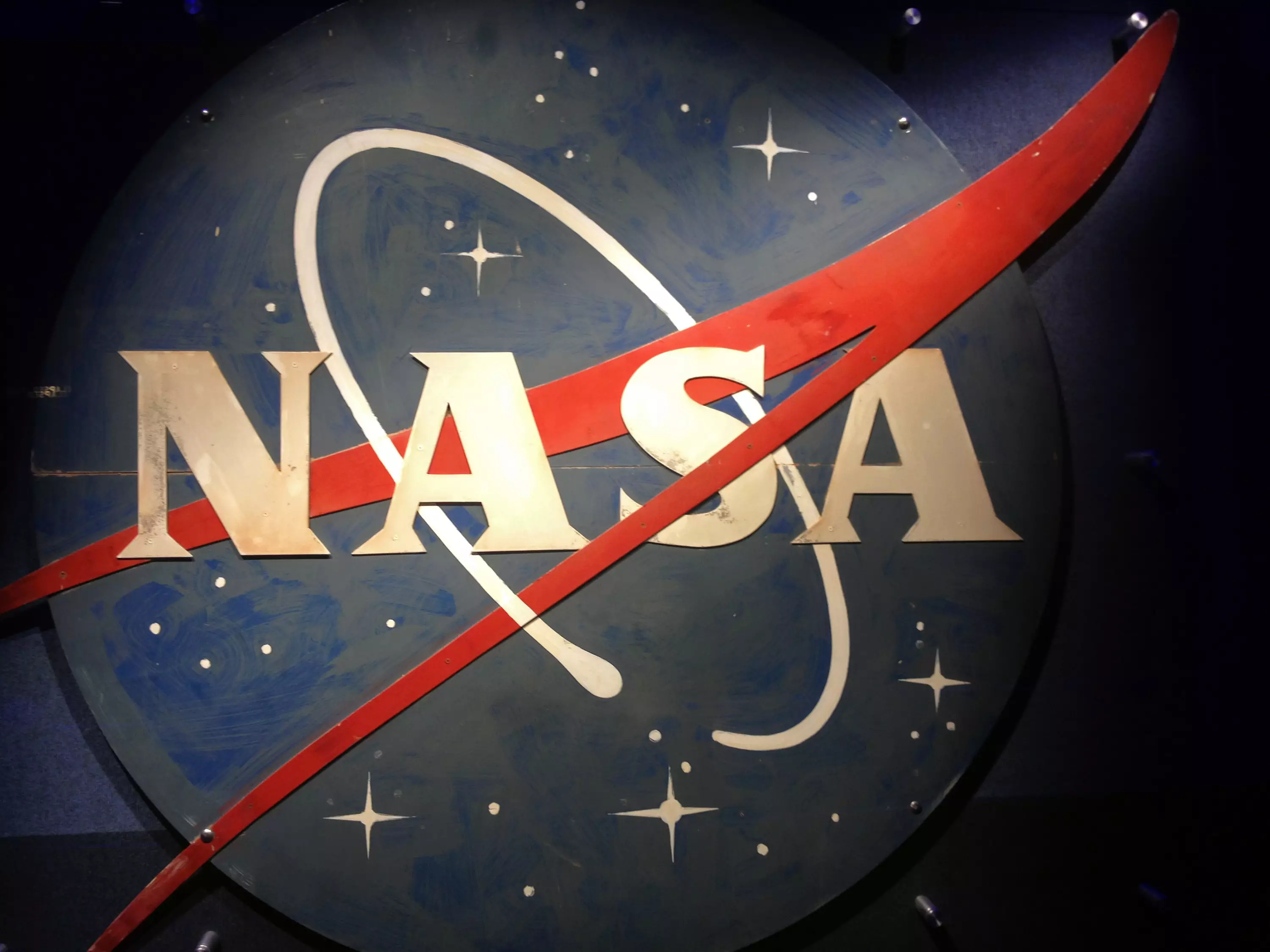
An asteroid which is projected to fly past Earth later this year has a 0.41 percent chance of striking our home planet the day before the US Presidential Election takes place on 3 November.
That's a very small chance, so if you're not keen to witness a huge celestial body crashing into an unspecified part of the planet, then you can rest relatively easy, because it's not exactly a shoe-in.
This information was released by the Center for Near Earth Object Studies (CNEOS) who work out of NASA's Jet Propulsion Laboratory, and they reckon that the catchily named 2018VP1 will pass us by on 2 November, just a day before Joe Biden and Donald Trump go head-to-head at the polls.

The space agency identified three potential impacts, but after a more in-depth look 'based on 21 observations spanning 12.968 days' they've decided the chance of a direct hit is low and the asteroid is not considered a 'potentially hazardous object', partially because of the small size of the rock.
2018VP1 was first spotted by the boffins over at Palomar Observatory in California in - you've guessed it - 2018 and it measures in at a puny 0.002 kilometres (just 6.5 feet), according to NASA.
Six and a half feet of space rock wouldn't feel so puny if you were standing directly beneath it, mind.
Anyway, potentially hazardous objects are by definition significantly bigger and pose a real regional threat if they strike the planet.
They also have to be passing by in an orbit close enough to have a chance of hitting.
This sort of thing actually happens quite a bit, as you might imagine given the amount of stuff floating about in space.

Just last week, an asteroid passed by 1,830 miles above the Indian Ocean, which is the closest pass an object like this has made on record without hitting the planet.
The object, 2020 GC, was about the size of a small car, and probably would have broken up in the atmosphere had it made a direct impact.
Paul Chodas, a director at CNEOS, said: "It's really cool to see a small asteroid come by this close, because we can see the Earth's gravity dramatically bend its trajectory.
"Our calculations show that this asteroid got turned by 45 degrees or so as it swung by our planet."
Featured Image Credit: PATopics: Science, US News, Technology, Weird